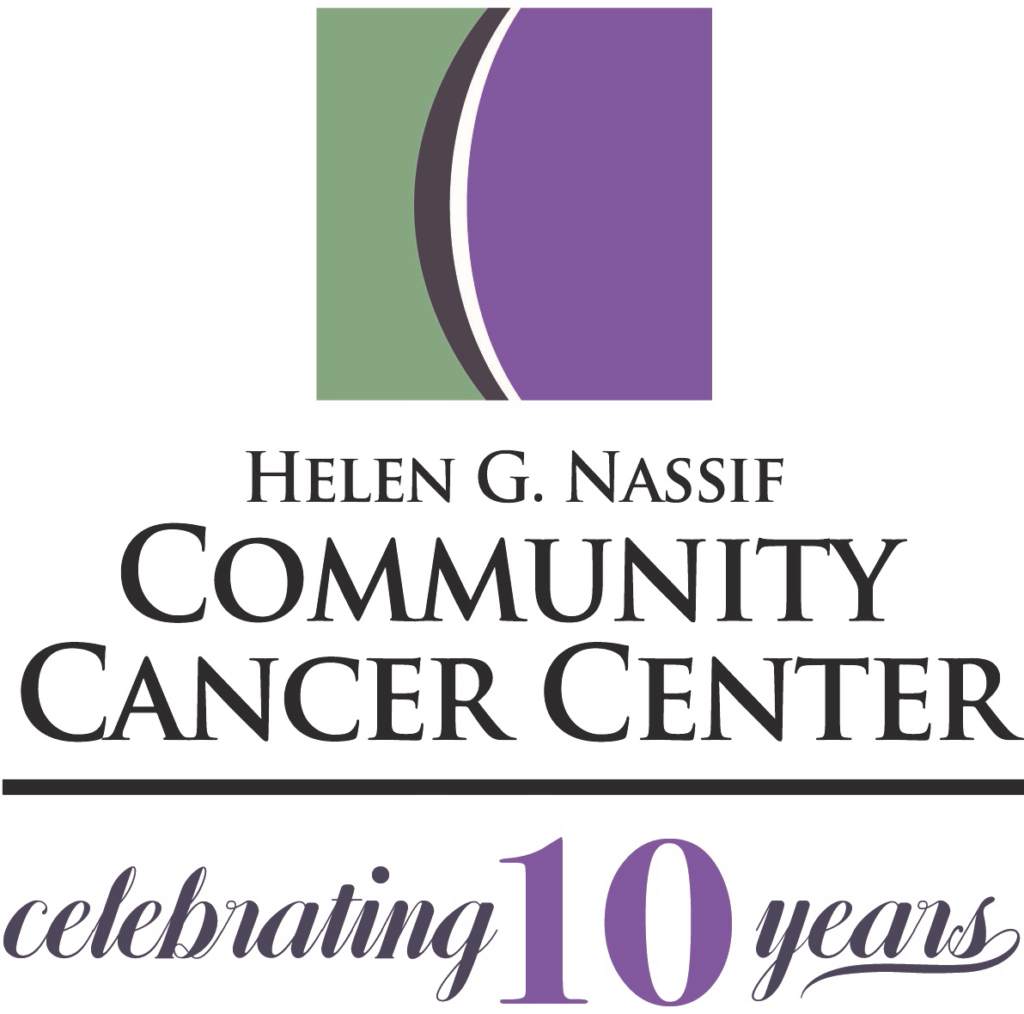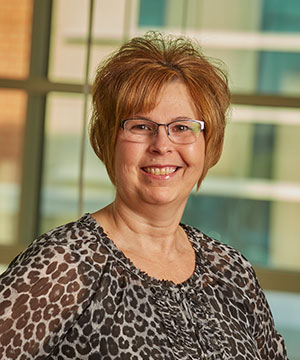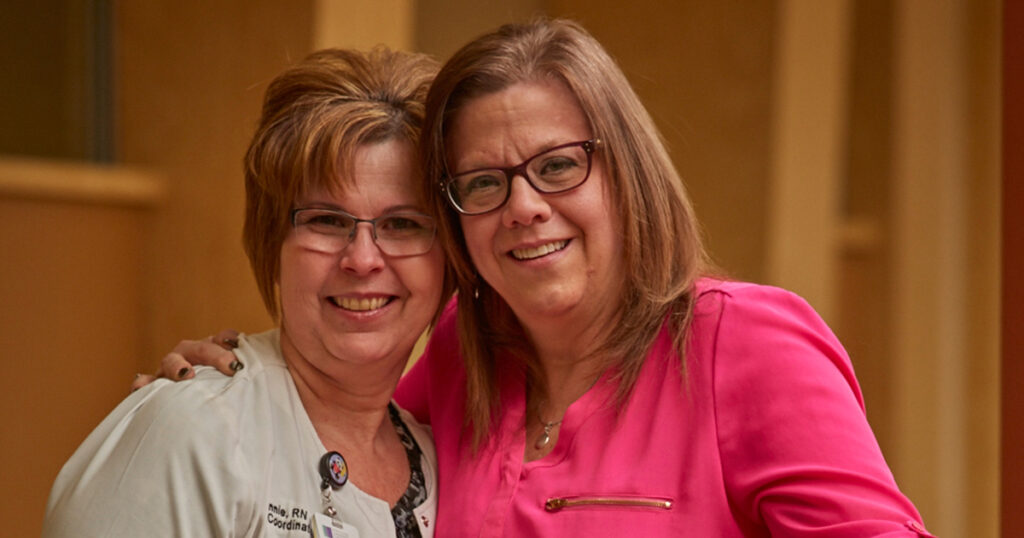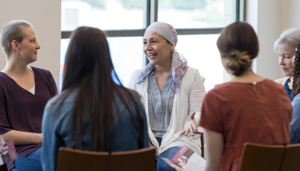
As part of our celebration of 10 years of the Nassif Community Cancer Center, our team members will give an inside look into the services available to our patients and how they can help them along the cancer journey.
First up is Care Coordinator Connie Dietiker, sharing more about the importance of care coordination.
What Does a Care Coordinator Do and What is Care Coordination?
Care Coordinators are the first point of contact for patients and patient’s caregivers during their diagnosis and treatment, and continues to be there to support them through survivorship. When I meet with patients, I share with them all the services available to them at the Community Cancer Center and talk about my role as a care coordinator. It’s our goal, through care coordination, to make the process as convenient as possible for patients and caregivers. When scheduling appointments, we aim to schedule as many of them as possible on the same day if possible. I also share with them the role that each person on their team will play in their care.
How does Care Coordination benefit patients at the Community Cancer Center?
Care coordinators ensure patients get connected with each team member involved in their care. We connect them with care teams who provide individualized education and support for the patient and their caregiver(s). This can include an exercise specialist, dietitian, social worker and more. I also think care coordination provides a personal connection for patients. Someone who is there for them throughout their journey. I always tell patients they just got a new family whether they wanted us or not. I look at the teams I work with as family and if I or anyone of my family were diagnosed with cancer I would want them on my team.
How has Care Coordination Grown or Advanced Over the last Ten years?
The Community Cancer Center also has a Lung Nodule Clinic and a Melanoma Clinic which care coordinators support. We work with those providers, schedule patients for their appointments and makes their referrals. The Community Cancer Center also receives referrals from ENT, Gastroenterology, Pulmonologists and Primary Care Providers where the care coordinator meets with their patients in the referring offices. The value of the cancer care coordinator role has grown as our relationships have grown with the providers.
How Do You See Care Coordination Growing or Advancing in the Next Ten Years?
Care coordination benefits patients, caregivers and team members. I foresee our role continuing to advance. I tell patients who are starting their cancer journey that it is like a puzzle. Many pieces need to be put together before we can determine a plan. I see the care coordinator role being increasingly involved in gathering those pieces and putting the puzzle together.
What is Your Favorite Thing About Being a Care Coordinator?
My favorite thing about being a care coordinator is the relationships I have with my patients, and having the opportunity to make a difference in their care. It is my priority to make sure the patients’ needs are heard as I hand them off to their care teams. It’s to the patient’s advantage to be aware of all the services that are offered at the Community Cancer Center and what we as a team can do to help get them through. I have patients call me a couple years into survivorship looking for a cardiologist, a general surgeon or maybe an orthopedic provider. They look to you for advice based on their previous experience. It is of great importance to me to not lose that personal touch in our busy world that we live and to continue to provide quality care for all of our patients.

Connie Dietiker
RN
Connie has been a care coordinator at the Nassif Community Cancer Center since August of 2016.







